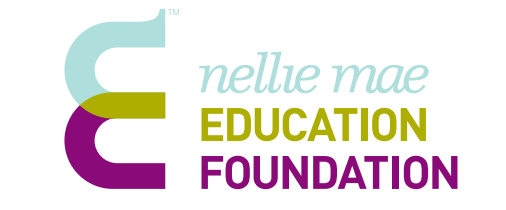The Nellie Mae Education Foundation (Nellie Mae) has invested in connecting the dots across diverse areas of research on the optimum conditions for student learning through the Students at the Center initiative. This work has shaped the foundation’s definition of student-centered learning—the instructional practices that support children and youth to learn deeply and achieve long-term success. While many of the concepts and approaches that comprise student-centered learning have deep roots in learning theory, the cognitive sciences, and youth and child development, empirical research on student-centered learning's impact in K-12 classrooms remains limited.
To address this gap, Nellie Mae recently commissioned a series of studies that evaluate the effects of a variety of student-centered practices in secondary schools. The outcomes of the studies were largely positive, demonstrating meaningful effects on student achievement and engagement. The studies also help illustrate what student-centered learning can look like in a range of contexts, including high school math classrooms, STEM courses that blend online and in-person learning, and whole-school models that infuse studentcentered practices throughout the curriculum.

